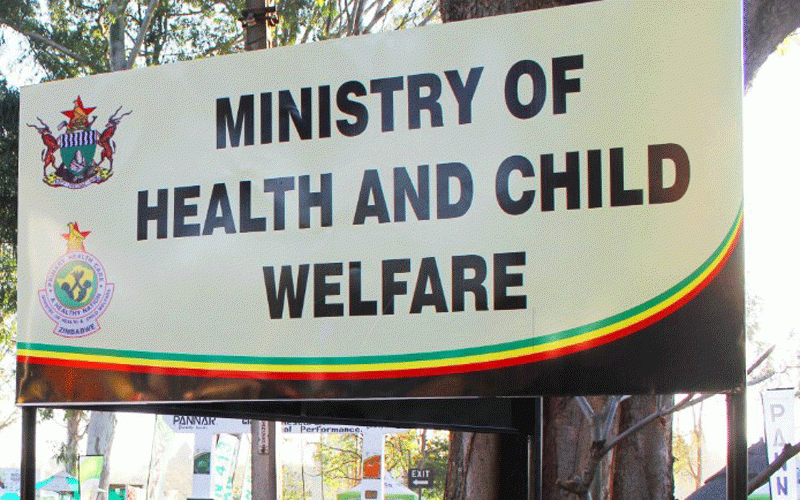
THE Parliamentary Portfolio Committee on Health and Child Care has warned that underfunding of the Health ministry in 2023 would haemorrhage the sector and cause massive brain drain.
Presenting the committee’s report on the 2023 health budget, acting chairperson of the committee Nicola Watson said: “This implies that the health sector will continue to significantly rely on out-of-pocket expenditures and donor assistance. This is not sustainable given the low disposable incomes among the public and the unpredictability of donor support.”
The Health and Child Care ministry was allocated $474,7 billion (11,2%) of the $4,5 trillion 2023 national budget.
Watson said the 11,2% allocation towards health was a far cry from the 15% budget allocation stipulated by the Abuja Declaration made by African governments in April 2001.
“All the hospitals across the country were grossly underfunded in the 2023 national budget. Central hospitals received $113,4 billion, while provincial hospitals received $35,02 billion. This level of financing will leave them incapacitated to deliver services.
“It is of concern that there is gross under-investment in medicines. It is now normal for patients to buy basic medicines like painkillers; and lack of medical supplies at hospitals has seen the mushrooming of pharmacies that are fleecing patients of their hard-earned cash. The 2023 national budget is grossly inadequate to address the massive brain drain.
The committee also accused government of heavy-handedness in handling health personnel during strikes, saying that fuels the brain drain.
“Health workers continue to earn salaries in local currency, yet they pay for expenses in United States dollars. Family health was allocated $12,09 billion and this constitutes only 37% of its bid. This is grossly inadequate given the level of maternal deaths and health needs at hospitals.”
- Mthuli grilled over health budget
- It’s time to advocate for national health insurance
- Interview: Turning nurses into entrepreneurs
- Farmers urged to insure livestock
Keep Reading
The health committee expressed concern that the bulk of the health sector budget will go towards salaries (73,1%), leaving 18,6% for recurrent expenditure and 8,3% for capital projects.
Follow Harriet on Twitter
@harrietchikand1









